Surging Inflation Rate in Nigeria Hits Medication Prices
In recent months, Nigeria’s inflation rate has had a drastic impact across various sectors, driving up the cost of everyday essentials and rendering some services almost unaffordable. But while rising food and energy prices grab headlines, the story of surging costs in Nigeria’s pharmaceutical sector deserves urgent attention.
Join our WhatsApp ChannelFor many Nigerians, the cost of basic medicines is now a constant worry, with drug prices increasing so rapidly that they’re becoming inaccessible for the average person. Citizens and healthcare experts are voicing their concerns about this deepening crisis, as hospitals and pharmacies struggle to keep up with demand.
“It’s Life or Debt”: Nigerians’ Daily Battle for Medications
Every visit to a pharmacy seems to bring unpleasant surprises for Isolo, Lagos resident, Ifeoma Okonkwo. She recounts the shock of her last trip to buy her father’s blood pressure medication: “The price had doubled in a matter of weeks. I had to choose which medicines to buy and which ones to leave out.” Okonkwo, like many Nigerians, faces tough decisions as her salary remains stagnant while prices soar. This choice between health and financial ruin has become a reality for many citizens struggling to afford their essential medications.
According to Dr. Adewale Ajayi, a general practitioner in Lagos, this issue has created a “life or death situation” for many patients. “Patients walk into my clinic, unable to afford even basic medication. Some come back weeks later in worse conditions because they tried to stretch out their prescriptions to save money,” he explains.
Nigeria’s Inflation Rate Crisis and Its Effect on Pharmaceuticals
The National Bureau of Statistics recently reported a headline inflation rate of 32.7% in Nigeria, with significant impacts in sectors like hospitality and healthcare. In particular, the pharmaceutical sector has been hit hard by escalating energy costs, currency depreciation, and soaring transportation fees, all of which push up drug prices. Unlike the hospitality industry, where price hikes mean people can opt out of certain luxuries, the pharmaceutical sector has life-or-death consequences.
READ ALSO: Just In: Nigeria’s Inflation Rate Hits 33.2%- NBS
Professor Chioma Nwafor, an economist, emphasises the gravity of the situation. “When inflation hits a sector like pharmaceuticals, the impact is amplified. People can cut back on luxury items, but medicine isn’t optional. Without government intervention, prices will only continue to rise, leaving more Nigerians without access to life-saving medications,” she warns.
Pharmacies on the Verge of Collapse Due to Inflation
For local pharmacies, this inflation spike has become nearly unsustainable. Many have been forced to increase their prices significantly, leading to a decline in customers and profit. Pharmacist John Uche from Enugu notes, “Many of us are selling on a near-loss basis because we know that if we raise prices further, customers won’t be able to afford even the essentials.”
The situation is no less dire in hospitals, where price increases in medication have led to an influx of patients unable to complete their treatments. Dr. Samuel Idowu, a physician at a public hospital in Kano, describes the situation: “We are witnessing a dangerous trend where patients abandon treatment halfway because they cannot afford the required medicines. I had a patient with asthma who couldn’t buy her inhaler, and she ended up hospitalised after a serious attack.”
Expert Calls for Government Intervention to Stabilise Drug Prices
As the crisis deepens, health experts and economists are calling on the Nigerian government to urgently address the situation. Subsidies, tax cuts on imported medical supplies, and pharmaceutical regulation are some proposed solutions. Pharmacist Uche echoes these sentiments, stating, “We need government subsidies, especially for essential medicines. Right now, we’re watching people suffer needlessly because of costs beyond their control.”
Dr. Ajayi believes the inflation rate is not just a figure but a “silent epidemic” that’s harming Nigeria’s public health. “Our patients are already burdened with low wages and now this inflation. We’re seeing people with conditions like hypertension, diabetes, and respiratory diseases abandoning treatment plans. The government must intervene to provide some relief,” he says.
Nigerians’ Struggle and Resilience Amid Rising Drug Costs
Despite the odds, Nigerians are finding ways to cope with this crisis. Some have turned to natural remedies or adjusted their lifestyles to avoid falling ill in the first place. Others are crowd-sourcing funds for urgent medications or relying on friends and family for financial support. However, as Ifeoma Okonkwo points out, “We are just surviving, not living. Health should not be a privilege.”
Citizens hope for an immediate solution. “The government promised to protect us, but where are they?” asks Moses Alaka, a working-class student who spends on medication. “My monthly medication (Tegretol CR) for seizure I buy for N6,000 last year is now around N20,000. They need to act before it’s too late. People are dying because they can’t afford simple medicines.”
Ibrahim Gafaur, who lives in Ajao Estate, complained bitterly of how prices of average drugs keep rising, he said “The way the price of drugs like paracetamol, cough syrup and others are rising baffles me. The last time I bought paracetamol was N100, I was surprised to buy last week and I bought it for N400. Government should help us the poor masses.”
Conclusion: The Price of Health in an Uncertain Economy
Nigeria’s inflation rate has placed an unimaginable burden on its citizens, particularly within the pharmaceutical sector. Many Nigerians find themselves making impossible choices between basic needs and life-saving medications. Without decisive action, the health implications of unchecked inflation will continue to devastate the nation. The need for affordable healthcare has never been more pressing, and it is up to policymakers to ensure that the right to health is safeguarded for all Nigerians.
For Nigerians like Ifeoma and Moses, the hope is that soon, the government will step in to address the spiralling costs and make medicine affordable once again. Until then, the struggle continues, with millions of citizens left to bear the bitter pill of Nigeria’s economic reality.
Emmanuel Ochayi is a journalist. He is a graduate of the University of Lagos, School of first choice and the nations pride. Emmanuel is keen on exploring writing angles in different areas, including Business, climate change, politics, Education, and others.
- Emmanuel Ochayihttps://www.primebusiness.africa/author/ochayi/
- Emmanuel Ochayihttps://www.primebusiness.africa/author/ochayi/
- Emmanuel Ochayihttps://www.primebusiness.africa/author/ochayi/
- Emmanuel Ochayihttps://www.primebusiness.africa/author/ochayi/

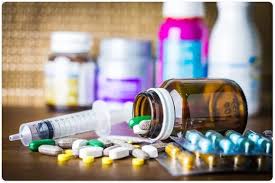



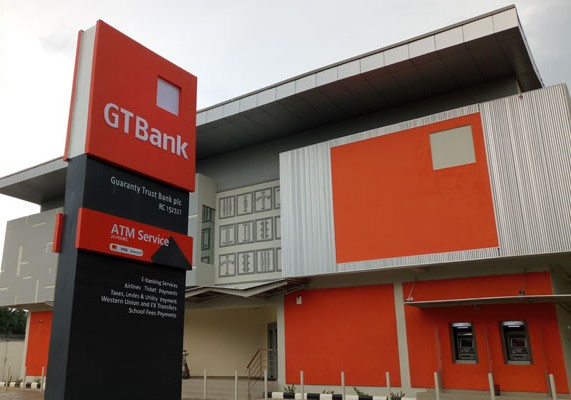
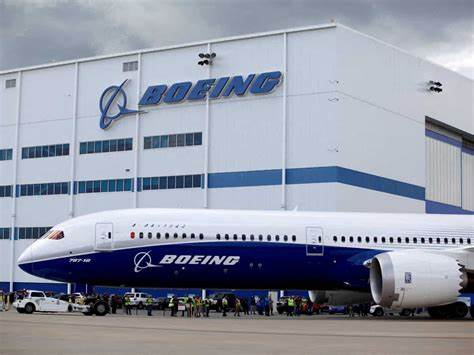








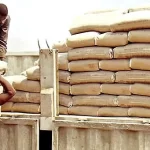

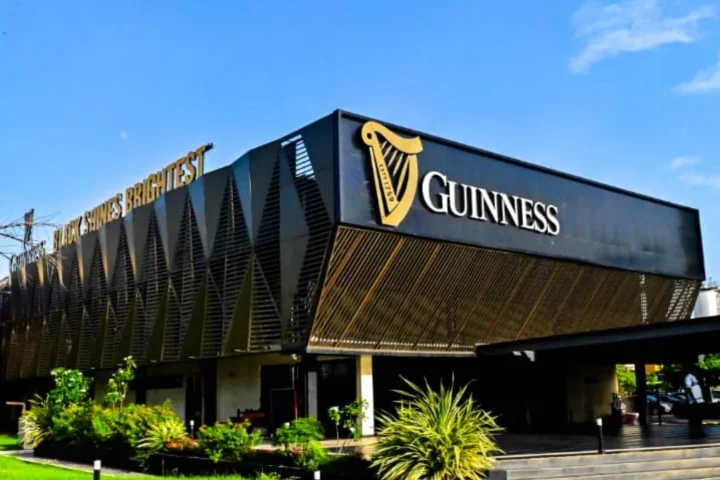

Follow Us